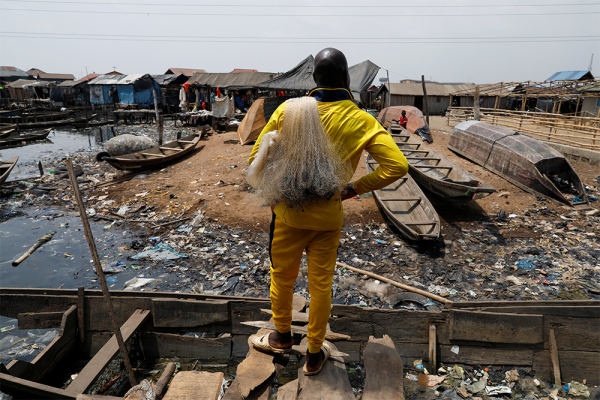Mar 3, 2022
The latest IPCC report states that 3.3 to 3.6 billion people (nearly half of the world’s population) are “highly vulnerable” to climate risks like wildfires, heat waves, and rising sea levels. The report aims to prepare us for what’s likely and to give leaders a clear-eyed sense of urgency to implement solutions. But some may glance past its findings due to more immediate concerns. Others may be tempted to take a lifeboat mentality.
Read the Full Article

Already a subscriber? Login
